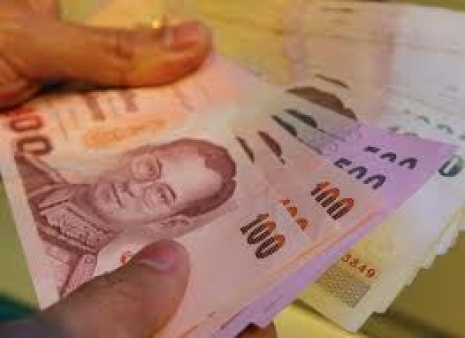
Thailand's troubled state banks to get help
The Bank of Thailand will tackle problems of the specialised financial institutions owned by the state.
The Fiscal Policy Office has given a six-month deadline to both the Islamic Bank of Thailand (IBank) and the Small and Medium Enterprise Development Bank to clear their bad assets before deciding to inject money into them.
BOT Assistant Governor Salinee Wangtal noted that the central bank had been closely monitoring the operations of all these SFIs and reported to the ministry on a substantial basis.
The BOT is happy that the ministry is taking the cases of these banks seriously and is willing to support its moves, she said.
The Government Savings Bank and the Bank for Agriculture and Agricultural Cooperatives are still financially healthy.
While the ministry has considered relaxing some rules governing these banks, this is not important. The real issue is whether their lending has hurt their performance or caused losses, Salinee said.
Some of these SFIs such as IBank should be continued as they are designed to serve specific customer groups. Other countries have the same kinds of banks and they can perform well, she added.
As of December 31, IBank's NPLs were Bt24 billion or 20 per cent of the loan portfolio.
Somchai Sujjapongse, director-general of the FPO, said his office and the State Enterprise Policy Office would send a special team to work on the NPLs at IBank day by day as part of debt restructuring. After six months, the FPO will submit a proposal for a capital increase at the bank to the Finance Ministry for consideration.
The FPO believes IBank can solve its huge bad-loan problem after its executives showed figures and business plans to the office.
IBank is still operating normally especially in the retail loan business, but will be more cautious about granting corporate loans.
For more.






















 Advertise
Advertise








